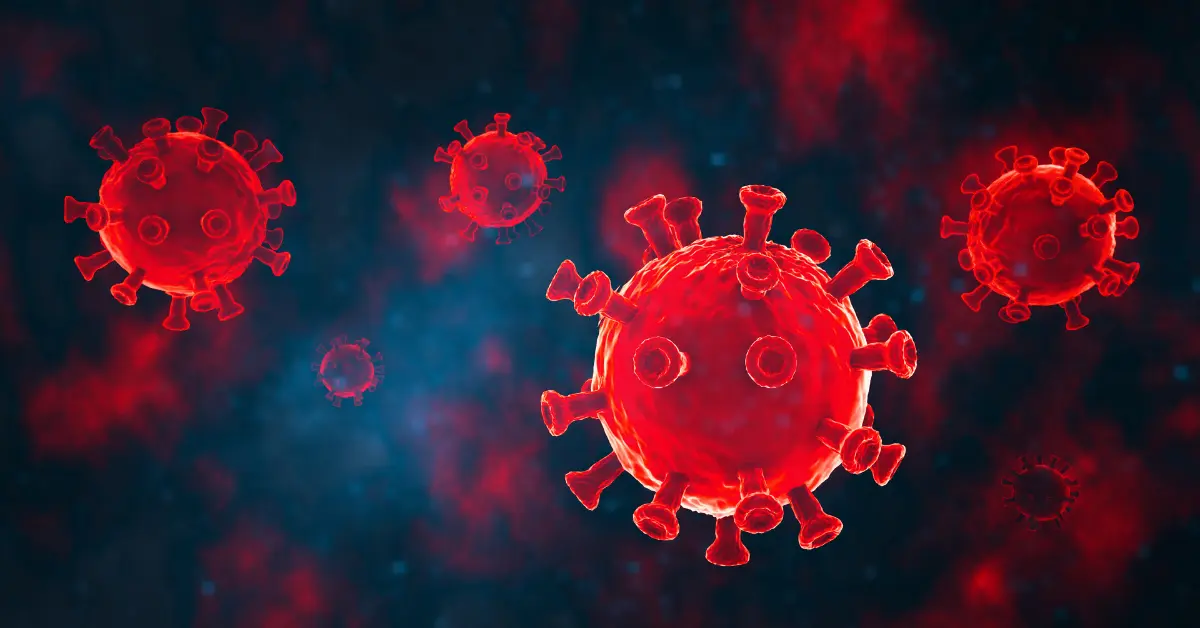The CDC has revised its criteria for testing for the novel coronavirus after a woman tested positive for the virus in California. Initially, the CDC was reluctant to test her for COVID-19 because she didn’t meet their original criteria, mainly because she was exposed to someone else who had the virus. Luckily, her doctors persisted until the CDC agreed to have her tested for the virus. What’s worrisome, however, is that health officials have no idea where she contracted the virus. She didn’t appear to have been exposed to anyone carrying the virus and had not traveled to places where the virus is present. So, this patient marks the first potential case of community spread in the United States.
The woman appears to be in critical condition and has been intubated to help her breathe. It means a tube has been inserted through her mouth into her airway. So, health officials may have difficulty finding out more information about her case due to her condition. Until the CDC knows more, they have revised their testing criteria to include any individual who has signs of a severe acute lower respiratory illness like pneumonia. A source of potential exposure to COVID-19 does not have to be known.
Anxiety Over Community Spread
While a healthy dose of fear may help keep everyone safe, it’s not time to panic. Many of my patients and those around me are anxious about potential worst-case scenarios regarding the community’s spread of the virus. Now, it’s essential to be aware of what’s happening and stay vigilant with your hygiene. Wash hands with soap and water for at least 20 seconds, avoid touching your mouth, nose, and eyes and disinfect commonly touched surfaces in your home or workplace. And as always, eating a nutritious diet, getting enough sleep, and regularly exercising will help you stay healthy.
Stress can impact your immune response. So don’t oversaturate yourself with news reports covering the coronavirus spread. Additionally, the risk of infection in the United States remains low. So, instead of putting your energy into worrying about an unknown potential future, take positive steps to help you and your loved ones stay healthy. Creating a family preparedness plan could help you feel more in control. Suppose you’re still feeling anxious despite taking steps to protect yourself. In that case, it may be beneficial to speak with a mental health professional.
Disaster Preparedness
It’s always a good idea to be prepared for disasters that could happen. Maintain a two-week supply of water and nonperishable food items for everyone in your household. Also, keep a store of over-the-counter medications like cold medicines, pain relievers, and stomach remedies that could be helpful. I also recommend you have an ample supply of prescription medications you or your family regularly take. No one should stock up on so many things that stores would run out of them, but having a primary supply of essential items in an emergency is always good.



















